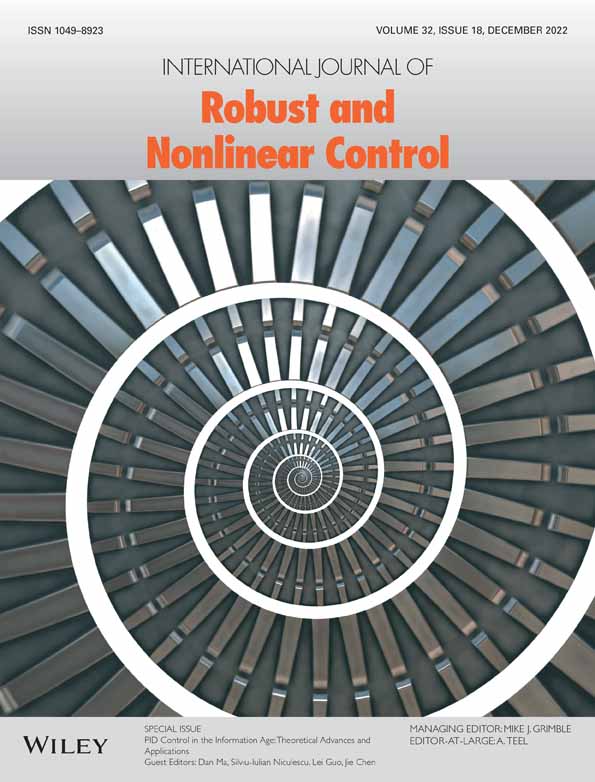Characterizing some improperly posed problems in proportional-derivative control
Abstract
This article focuses on the root behavior of the characteristic function of some LTI SISO systems controlled by a PD-control when a delay-difference operator is used to approximate the derivative action. We will focus on the cases when the corresponding stability problem is improperly posed for “small” delay values. In this context, we will express the solutions of the corresponding characteristic function as power series and exploit their structure in deriving the asymptotic behavior of the characteristic roots. This analysis will allow detecting and explicitly characterizing the cases when delay-difference approximations lead to improperly posed stability problems. Furthermore, in the case when the derivative approximation guarantees the properly posedness of the closed-loop system, the robustness of the scheme with respect to the delay margin of the delay-difference approximation and control gains parameters are explicitly addressed. More precisely, upper bounds on the delays as well as the robustness of the corresponding controller are computed. Some illustrative examples complete the presentation.
CONFLICT OF INTEREST
The authors declare no potential conflict of interests.
Open Research
DATA AVAILABILITY STATEMENT
Data are openly available in a public repository that issues datasets with DOIs



 decomposition method of stability analysis for retarded dynamical systems
decomposition method of stability analysis for retarded dynamical systems
